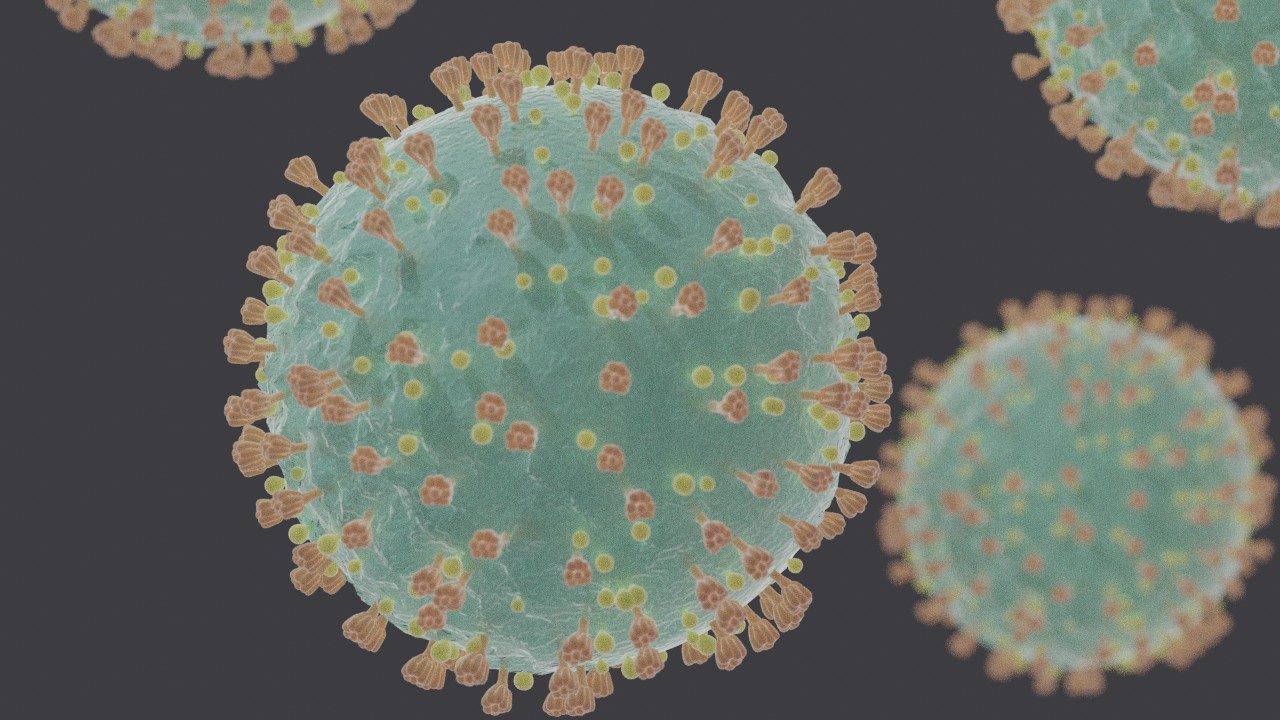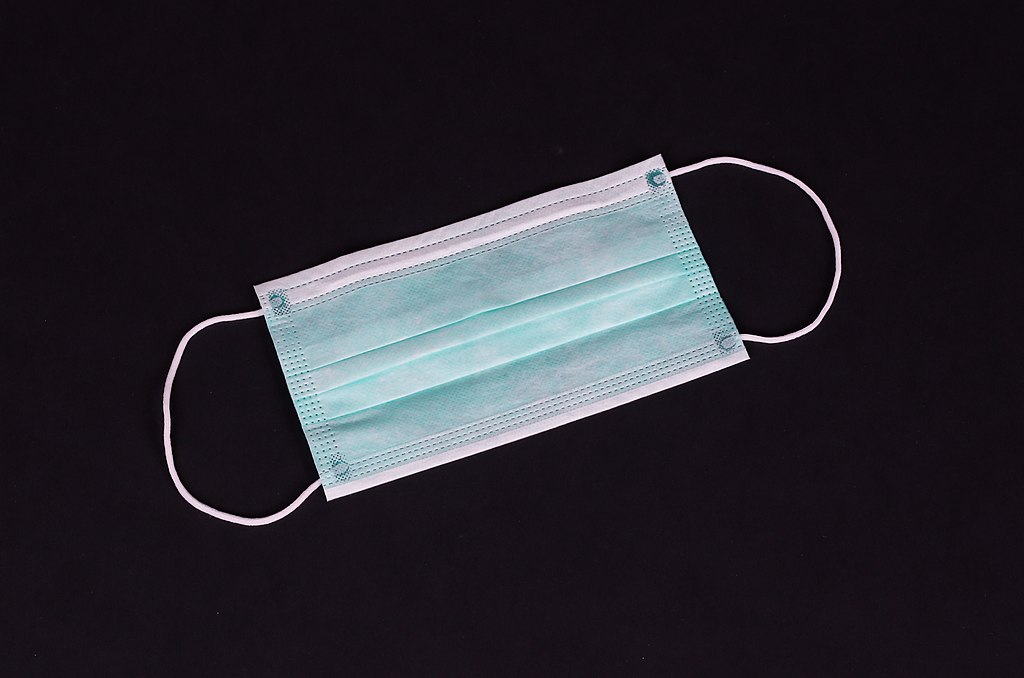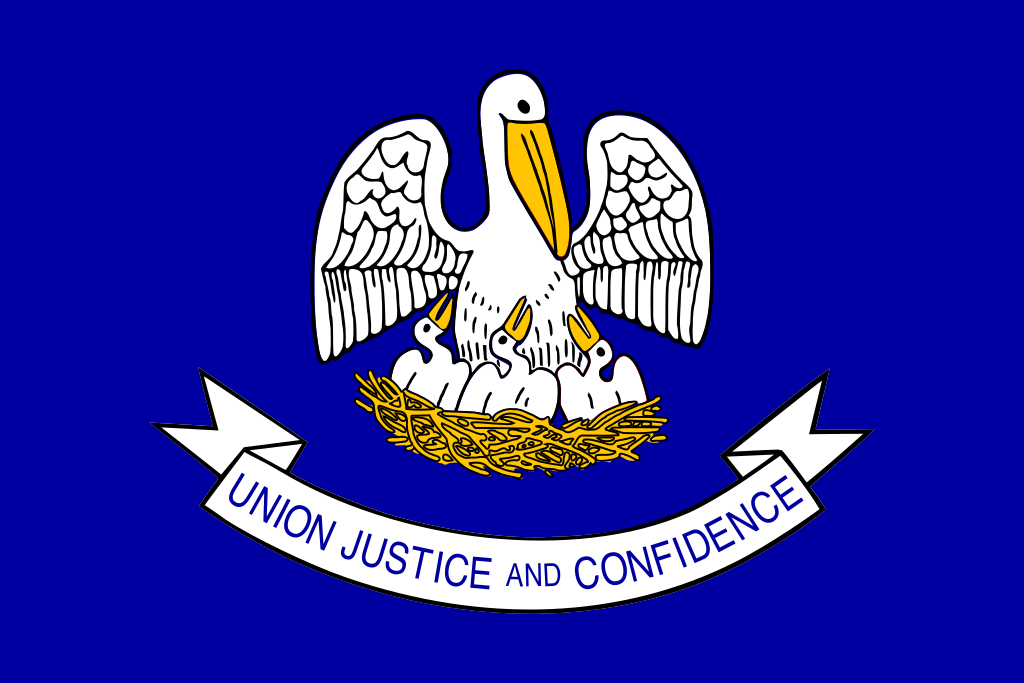Tag: Coronavirus coverage
-
A look back at government responses to the coronavirus pandemic, September 14-18, 2020

Although the first case of COVID-19 in the U.S. was confirmed on Jan. 21, 2020, it wasn’t until March when the novel coronavirus upended life for most Americans. Throughout the year, states issued stay-at-home orders, closed schools, restricted travel, issued mask mandates, and changed election dates. Here are the policy changes that happened September 14-18,…
-
Recent state court actions suspend state-level universal school mask requirement bans in Florida and Tennessee, uphold a ban in South Carolina

As schools have begun reopening for the 2021-2022 academic year, several states have enacted policies on mask requirements in schools. As of Sept. 9, four states banned school mask requirements, seventeen states required masks in schools, and twenty-nine states left school mask decisions up to local authorities. Recent legal actions have affected these policies in…
-
A look back at government responses to the coronavirus pandemic, Sept. 7-11, 2020

Although the first case of COVID-19 in the U.S. was confirmed on Jan. 21, 2020, it wasn’t until March when the novel coronavirus upended life for most Americans. Throughout the year, states issued stay-at-home orders, closed schools, restricted travel, issued mask mandates, and changed election dates. Here are the policy changes that happened Sept. 7-11,…
-
Since Aug. 10, four states have implemented universal indoor mask requirements

Between Aug. 10 and Sept. 2, Illinois, New Mexico, Oregon, and Washington announced new indoor mask requirements for both vaccinated and unvaccinated individuals. In Illinois, an indoor mask requirement for vaccinated and unvaccinated individuals went into effect on Aug. 30. Gov. J.B. Pritzker (D) announced the policy on Aug. 26. Illinois had previously lifted its…
-
One year ago, Trump administration announced $1.5 billion agreement with Moderna for 100 million doses of a COVID-19 vaccine

One year ago this week, President Donald Trump’s (R) administration, including the Department of Health and Human Services (HHS) and the Department of Defense (DOD), announced a $1.5 billion agreement with Moderna Inc. to develop and deliver 100 million doses of a COVID-19 vaccine. This was the third vaccine deal announced last year. Here are…
-
Louisiana reinstates indoor face covering requirement

On Aug. 2, Louisiana Gov. John Bel Edwards (D) signed an executive order reinstating the indoor mask requirement for vaccinated and unvaccinated individuals. Louisiana was the only state to reintroduce a statewide indoor mask policy between July 30 and August 5. Gov. Edwards said the order would be in place until Sept. 1, and could…
-
A look back at government responses to the coronavirus pandemic, August 10-14, 2020

Although the first case of COVID-19 in the U.S. was confirmed on Jan. 21, 2020, it wasn’t until March when the novel coronavirus upended life for most Americans. Throughout the year, states issued stay-at-home orders, closed schools, restricted travel, issued mask mandates, and changed election dates. Here are the policy changes that happened August 10-14,…
-
A look back at government responses to the coronavirus pandemic, August 3-7, 2020

Although the first case of COVID-19 in the U.S. was confirmed on Jan. 21, 2020, it wasn’t until March when the novel coronavirus upended life for most Americans. Throughout the year, states issued stay-at-home orders, closed schools, restricted travel, issued mask mandates, and changed election dates. Here are the policy changes that happened August 3-7,…
-
A look back at government responses to the coronavirus pandemic, July 27-31, 2020

Although the first case of COVID-19 in the U.S. was confirmed on Jan. 21, 2020, it wasn’t until March when the novel coronavirus upended life for most Americans. In subsequent months, states issued stay-at-home orders, closed schools, restricted travel, issued mask mandates, and changed election dates. Here are the policy changes that happened July 27-31,…
-
A look back at government responses to the coronavirus pandemic, July 13-17, 2020

Although the first case of COVID-19 in the U.S. was confirmed on Jan. 21, 2020, it wasn’t until March when the novel coronavirus upended life for most Americans. Throughout the year, states issued stay-at-home orders, closed schools, restricted travel, issued mask mandates, and changed election dates. Here are the policy changes that happened July 13-17,…

